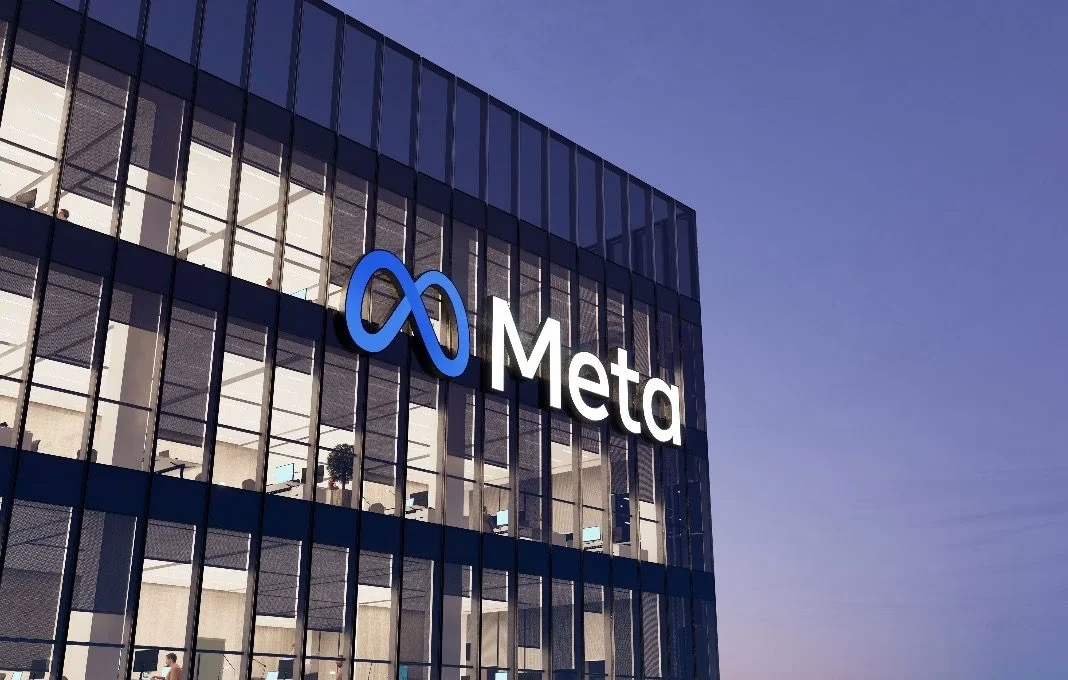Meta Explores Integrating Competing AI Models to Enhance User Experience
The tech giant, known for its substantial investment in AI research and development, including its own large language models (LLMs) like Llama, appears to be adopting a more open-minded stance. This exploration isn't about abandoning in-house efforts, but rather about augmenting them with external capabilities to accelerate innovation and deliver superior user experiences. It's a fascinating development, considering the intense competition in the AI space.
Strategic Rationale: Beyond In-House Development
Why would Meta, a company with vast resources and a dedicated AI division, look to external models? The answer likely lies in the rapid evolution and specialization of AI. Different models excel at different tasks. For instance, one competitor's model might offer superior natural language understanding for content moderation, while another could provide more nuanced image generation capabilities for creative tools.
"The AI landscape is moving at lightning speed," commented a source familiar with Meta's internal discussions. "It's about finding the most effective tools for the job, and sometimes, that means looking outside your own walls. It's a smart, if somewhat surprising, move."
This approach could allow Meta to rapidly deploy advanced AI features without the lengthy development cycles sometimes associated with building everything from scratch. It's akin to a chef using the finest pre-made ingredients to create a gourmet meal, rather than growing every single component themselves. This could translate to faster rollout of features like more sophisticated content summarization, improved recommendation algorithms, or even more engaging AI-powered chatbots for customer service.
Potential Applications Across Meta's Ecosystem
The implications for Meta's vast user base are significant. Imagine Instagram stories with AI-generated backgrounds that are indistinguishable from real photos, or Facebook feeds that offer hyper-personalized content suggestions powered by a model that's particularly adept at understanding nuanced user preferences. Even WhatsApp could see enhancements in its translation capabilities or its ability to detect and flag misinformation more effectively.
One area where this could be particularly impactful is in content moderation. The sheer volume of content uploaded daily across Meta's platforms presents a monumental challenge. By integrating specialized AI models, Meta could potentially improve its ability to identify and remove harmful content, hate speech, and misinformation more accurately and efficiently. This isn't just about user experience; it's also about platform safety and integrity.
Furthermore, consider the potential for creative tools. Meta is heavily invested in the metaverse and augmented reality. Integrating cutting-edge generative AI models could unlock new possibilities for virtual world creation, avatar customization, and interactive experiences that were previously unimaginable. It’s about pushing the boundaries of what’s possible in digital interaction.
Navigating the Competitive AI Landscape
This strategy also highlights Meta's pragmatic approach to the ongoing AI arms race. While companies like Google, OpenAI, and Microsoft are all pushing the envelope with their own proprietary models, Meta's willingness to consider external options suggests a focus on practical application over ideological purity. It's a recognition that the best AI might not always be the one you built yourself.
However, this approach isn't without its challenges. Integrating third-party AI models requires careful consideration of data privacy, security, and ethical implications. Meta would need robust frameworks to ensure that user data is handled responsibly and that the integrated models align with the company's own ethical guidelines. There's also the question of cost and licensing, which could become a significant factor as these models are deployed at scale.
Still, the potential benefits are compelling. By embracing a multi-model strategy, Meta could gain a significant competitive advantage, offering features that are more advanced, more reliable, and more engaging than those offered by competitors who remain solely reliant on their in-house AI development. It's a bold move that could redefine how social media platforms leverage artificial intelligence.
What remains to be seen is which specific competing AI models Meta might integrate and for what precise applications. The company has been tight-lipped about the specifics, but the mere exploration of this path signals a significant shift in strategy. It’s a story worth watching closely as the AI revolution continues to unfold.
